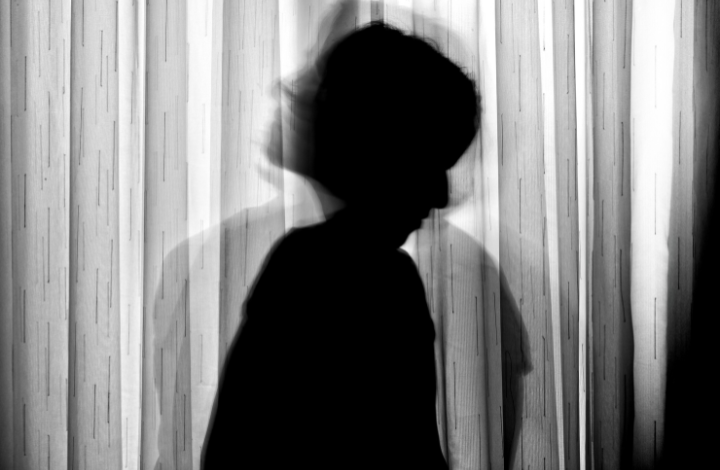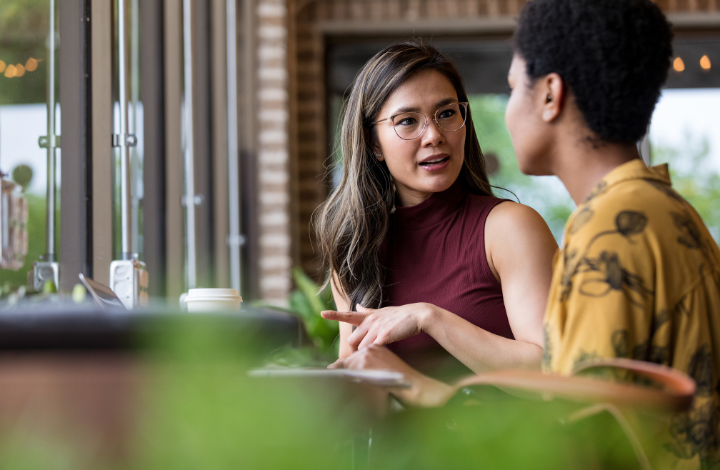We’re deep into a loneliness epidemic, with 30% of American adults surveyed saying they’ve experienced feelings of loneliness at least once a week over the past year, and 10% saying they are lonely every day.
A heartbreaking 30% of 18-34-year-olds reported being lonely every day or several times a week.
Community, which offers a sense of belonging, can clearly help with this.
But there’s another side of belonging—a shadow side—that doesn’t lead to a healthy self or a healthy society. In fact, it does the exact opposite.
Our human need for belonging is so strong that we will seek it out anywhere we can find it, including gangs, hate groups, conspiracy groups, racist clubs, and terrorist organizations.
Weaponizing Belonging
People disconnected from a sense of community or belonging, paired with a rise in public hatred, fear mongering, and division isn’t an aberration. It’s what happens when we lack connection and security: we look for it anywhere we can get it.
Our primal need to belong is even weaponized to recruit disconnected youth with promises of becoming “family” in a gang or hate group.
Belonging researcher and educator Phil Banks explains that “gangs, extremist organizations, abusers and smaller, local crime groups are all on the look out for vulnerable, isolated adolescents, or even children, who they can control through simulated love and loyalty.”
He shares two examples of groups weaponizing belonging to advance harmful ends:
1. Weeda Mehran studied the recruitment strategies for militant extremist groups and has found that they are not driven by ideological fervour, but much more by trying to find acceptance, respect or shared meaning. She found that one of the most fertile recruitment grounds for extremist organisations is university students, who describe themselves as isolated, without bonds to close friends or family connections. She describes how recruiters for The Islamic State are actively looking for social isolation.
2. Geoffrey Cohen in his book Belonging studies the story of a man who finds his sense of belonging in the Ku Klux Klan. He describes how he was a disgruntled worker, out of a job and down on his luck, but how the Klan understood how to offer him a sense of purpose, the sense of belonging to a larger group that valued, respected and cared for him, to which he felt he had something to contribute. How the cheers and applause on his initiation helped him to feel like somebody ‘big’ for the first time, feeling a sense of status and fellowship.
Deadly Serious Belonging
Far from being something Polyanna and unserious, belonging and community are deadly serious.
So how do we, as people who are interested in building healthy communities that create healthy humans and a healthy society, go about creating spaces of belonging for members and our communities?
Here are a few strategies:
Actively connect with people.
Set clear intentions for your community.
Bring people together to learn and share.
Ask people to contribute to your community.
Give people something positive to align with.
Create opportunities to do service in your community.
Welcome people in. Don’t let them get stuck in the fringe.
Find out how you can best support your community members.
No one of us can fix this loneliness epidemic on our own. And we can’t stop bad actors from weaponizing belonging to further their own agendas.
But we can create spaces of healthy belonging and community so people don’t have to turn to hateful and harmful alternatives to find a sense of security and connection.
The Coworking Letter
For coworking pros


Get insights, strategies and practical to-do's every Thursday.







